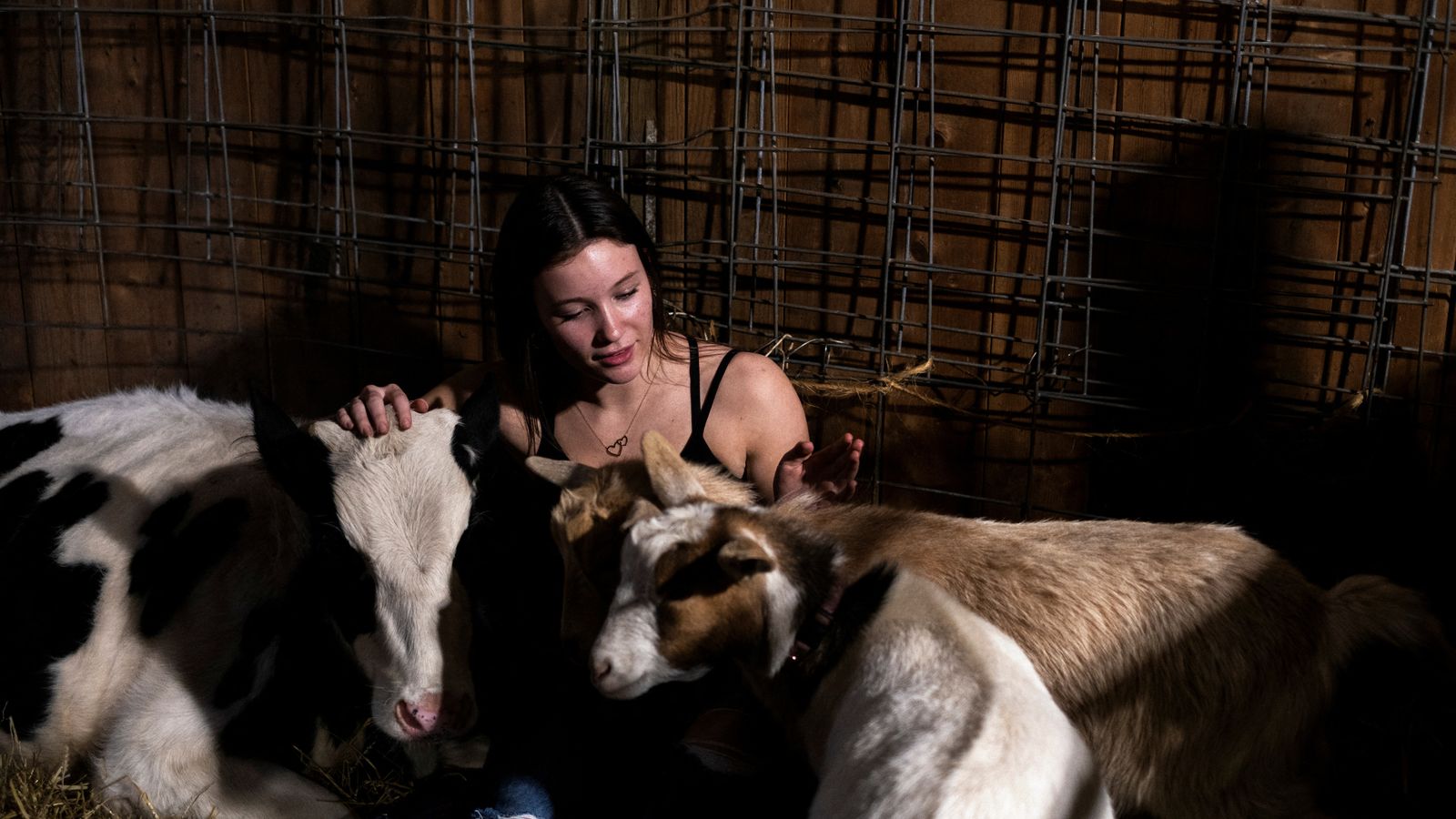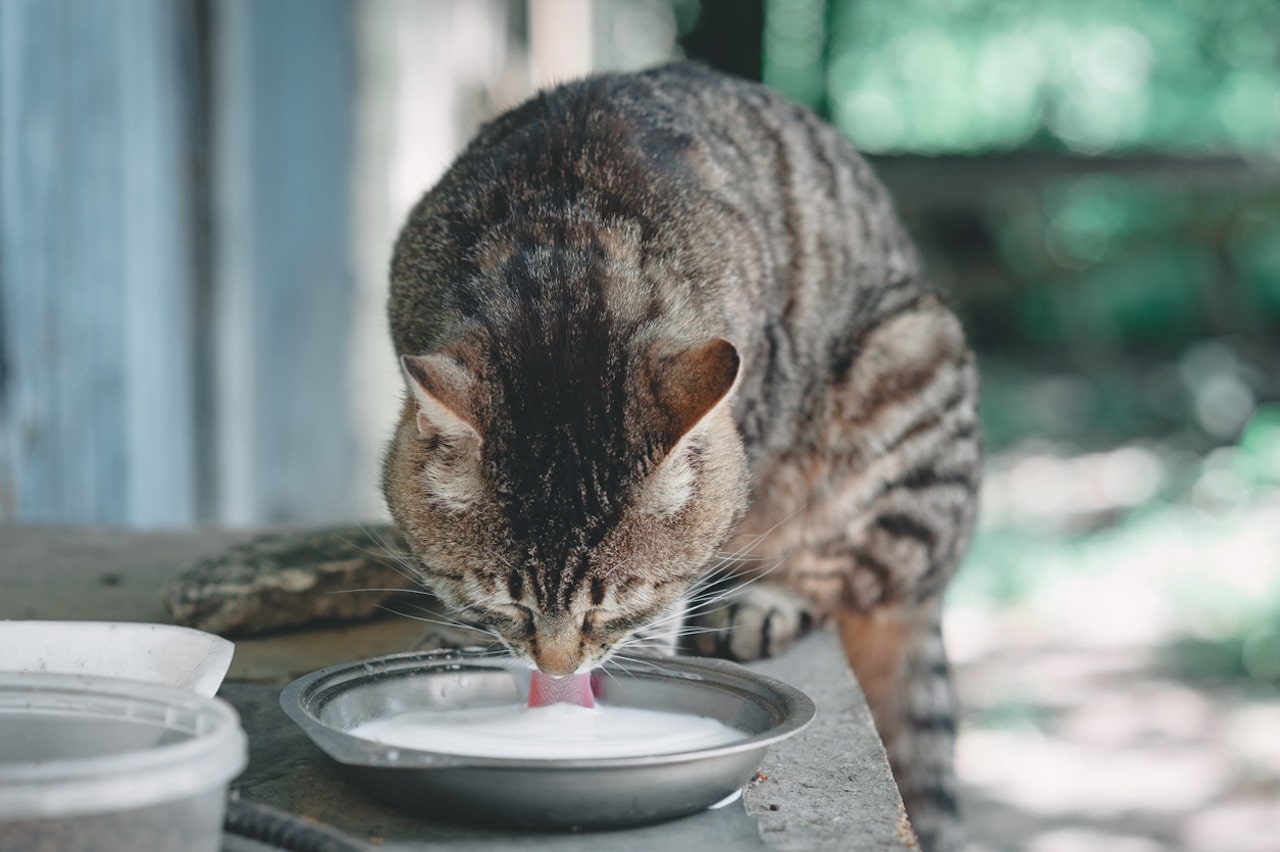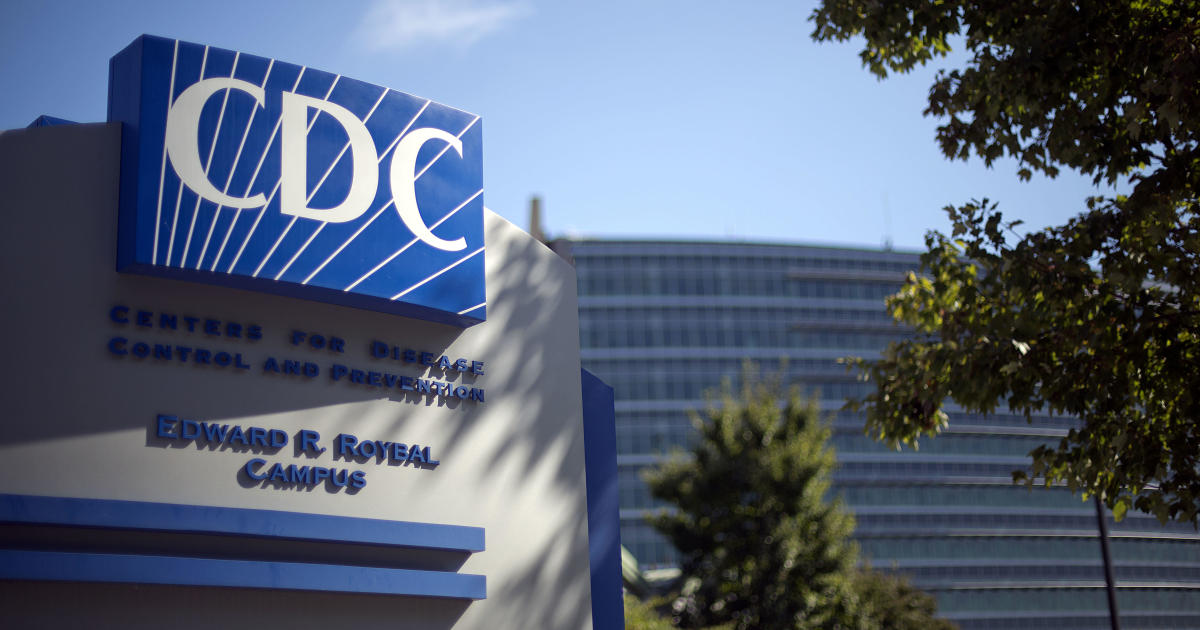Risks and Mutations
The bird flu virus, labeled H5N1, has mutated in ways that could enhance its spread between species and reduce susceptibility to antiviral drugs, raising concerns over potential further adaptations that may increase the risk to humans.
A new strain of H5N1 has infected dairy cows across nine states, with mutations allowing the virus to jump from wild birds to cattle, and subsequently to other species including cats. The outbreak has led to the death of several animals, highlighting the potential for zoonotic transmission.
Economic and Health Implications
The bird flu outbreak has prompted new sanitation measures on farms, affecting agritourism activities like cow cuddling, which have become significant for many small farms' economic survival.
Despite the virus's spread, health officials maintain that the risk to humans is low, with only one confirmed case, and advise against drinking raw milk. The and emphasize the safety of consuming pasteurized milk and recommend avoiding raw milk and products from infected cows.





